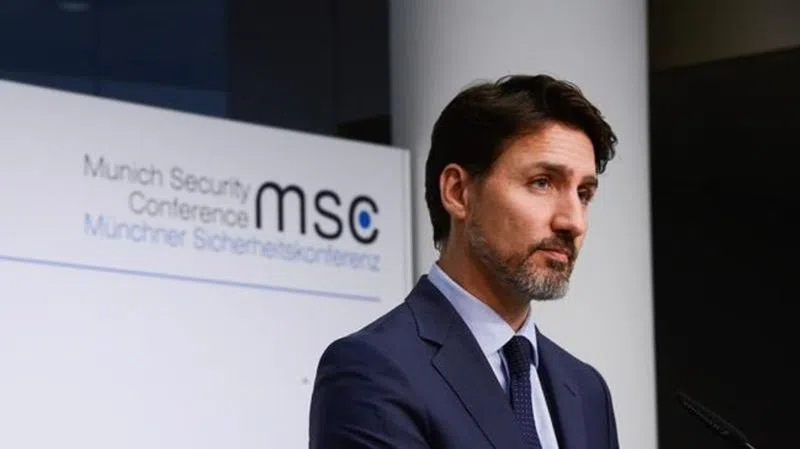
Trudeau cancels Caribbean trip amid pressure to end pipeline protests
OTTAWA — Prime Minister Justin Trudeau has cancelled his planned trip to the Caribbean this week amid criticism over his government’s handling of a series of anti-pipeline protests that have disrupted rail service in parts of Canada.
The Prime Minister’s Office announced the cancellation Sunday evening, the night before Trudeau was scheduled to fly to Barbados where he was expected to pitch Caribbean leaders on why Canada should get a seat on the United Nations Security Council.
“Following the government’s ongoing efforts to address infrastructure disruptions across the country, the prime minister will convene the Incident Response Group tomorrow to discuss steps forward,” a statement from the PMO reads.
Foreign Affairs Minister Francois-Philippe Champagne will represent Canada in Trudeau’s place, clearing the way for the prime minister to handle the protests.
